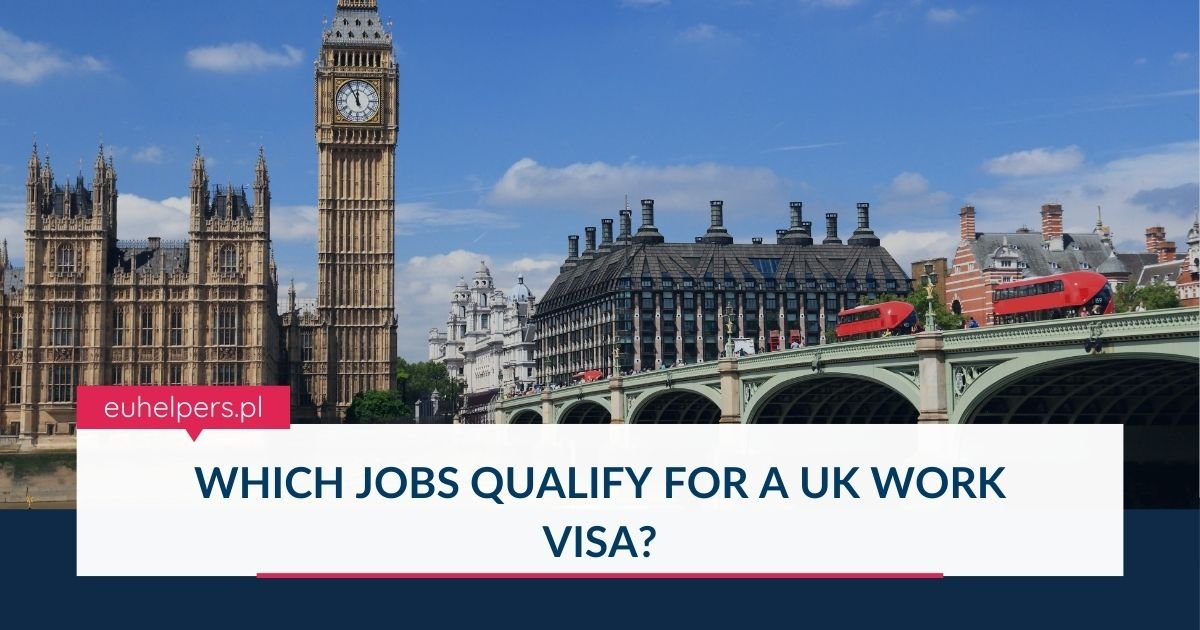The United Kingdom offers a variety of work visa routes for professionals across multiple sectors, including healthcare, engineering, IT, finance, education, and the creative industries. The most important requirement is that the role must be on the list of eligible occupations and meet the skill and salary thresholds set by the UK government. In addition, only employers approved by the Home Office can sponsor work visas.
Main Types of UK Work Visas
Several visa categories are available depending on the type of work and the applicant’s profession:
-
Skilled Worker Visa: The most common route for skilled professionals. Applicants must have a job on the eligible occupations list and meet the relevant salary requirements (which vary by role).
-
Global Business Mobility Visa: Covers multiple sub-routes such as Graduate Trainee, Senior or Specialist Worker, Service Supplier, UK Expansion Worker, and Secondment Worker.
-
Creative Worker Visa: Designed for professionals in the arts, including dancers, actors, film and TV performers, and theatre practitioners.
-
Charity Worker Visa: For those undertaking unpaid voluntary work in charitable organizations.
-
Religious Worker Visa: For individuals working in religious orders or organizations.
-
Seasonal Worker Visa: Allows temporary work in specific sectors such as horticulture.
-
Government Authorised Exchange Visa: For work placements, research roles, or training programs.
-
International Agreement Visa: For jobs covered by international law or treaties.
General Requirements
To qualify for most UK work visas, applicants must meet the following conditions:
-
Job Offer: A confirmed role with a UK-based, licensed sponsor.
-
Eligible Occupation: The role must be listed as eligible for the visa type.
-
Skills and Qualifications: Applicants must meet the required skill level for the job.
-
Salary Threshold: Minimum salary levels must be met, which vary depending on the occupation.
-
Certificate of Sponsorship: The sponsoring employer provides this document with details of the role.
-
Additional Documents: In some cases, applicants may need to provide a criminal record certificate or other supporting evidence.
Examples of Eligible Jobs
Many sectors qualify under the UK’s work visa system, including:
-
Healthcare: Doctors, nurses, health professionals, and adult social care workers.
-
Engineering: Civil, mechanical, and electrical engineers, among others.
-
Information Technology: Software developers, IT project managers, and data scientists.
-
Finance: Financial managers, accountants, auditors, and related roles.
-
Education: Teachers, lecturers, and professors, particularly in shortage subjects.
-
Creative Industries: Dancers, musicians, actors, and artists.
The UK’s range of work visa options makes it possible for skilled professionals from around the world to contribute to its workforce. Whether you’re a healthcare professional, IT specialist, teacher, or creative worker, the right visa route depends on your occupation, qualifications, and the type of role you’ve been offered.

